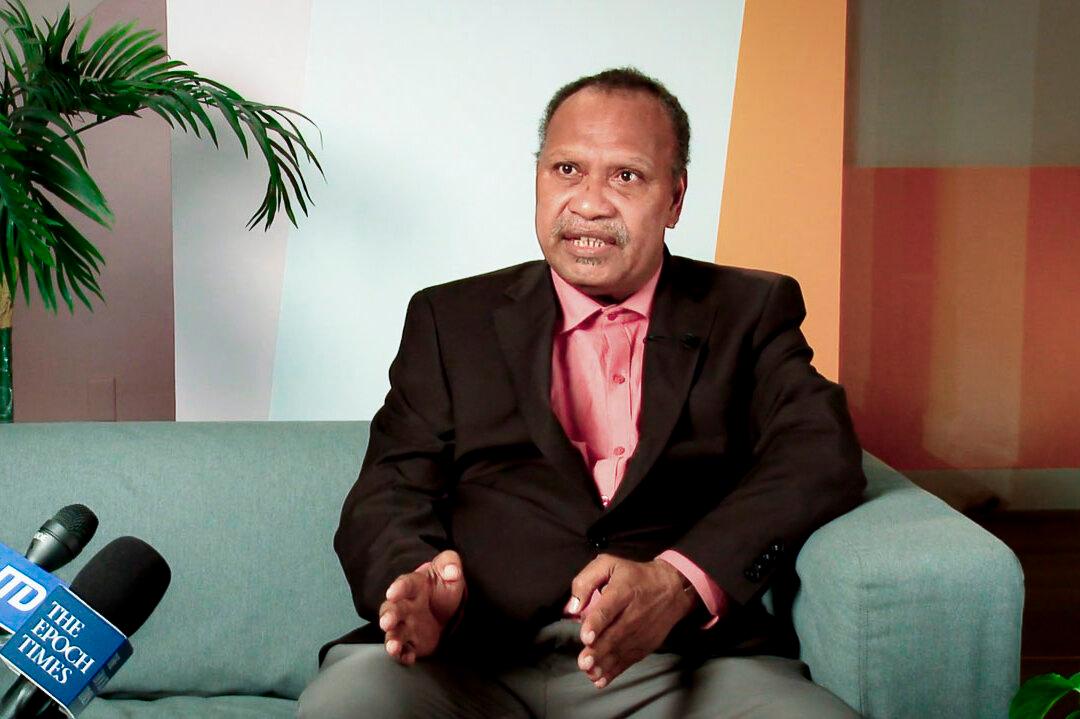Daniel Suidani, the former premier of a key Solomon Islands province, was arrested early this month, along with a former political adviser. The two men were charged with unlawful assembly, related to protests that took place three years ago.
Suidani alleges he was arrested because of his political views, as the South Pacific island nation developed closer ties to Beijing.





